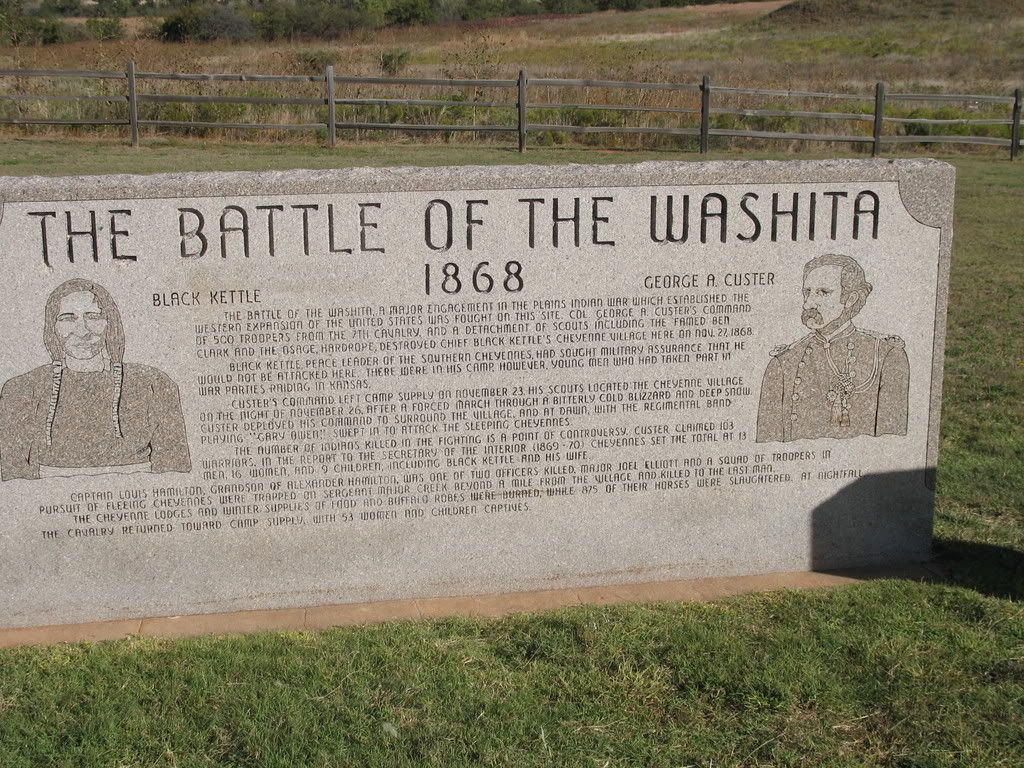One hopes that President Obama will strongly and clearly frame our mission in Afghanistan tonight, including the reason for our continued presence in a country that has known wave after wave of outside invaders fighting to advance their own ends. We are but the latest army to set up shop and increase troop presence in pursuit of an elusive and often invisible enemy force. The ultimate result is cloudy at this juncture, as was the previous President’s troop surge in Iraq when it was proposed. I would hasten to call the latter decision an unequivocal success, but it did largely and surprisingly contain a low-grade Civil War. It is with this fact in mind that many will choke down the prospect of another round of foreign entanglement, troop deployment, and media saturation coverage of major military skirmishes.
One could, I suppose, reach for an obscure citation describing a similar conflict to which the United States committed troops. In this situation, however, there are no easy parallels and no conventional warfare nor wisdom to cite. The Soviet Union’s disastrous nine years in the country might be the best possible comparison under the circumstances, but the peculiarities of that conflict leave it more akin to Vietnam to our current endeavor. The Soviet War in Afghanistan was an attempt to bolster the existing Communist party from collapsing against the Mujahideen. We, of course, allocated weaponry and financial support to the Islamic insurgents as a means of undermining the Soviets.
What has been forgotten in this day is that for nearly fifteen years, the Communist government ruled effectively and made great strides in developing a civilization rather than a backwards state beholden to constant conflict. With the collapse of the USSR in 1991 came the decline of the Communist state and the rise of the Taliban, which single-handedly destroyed years of reform and plunged the country back into the Dark Ages. The country deserves lasting stability if it is ever to move forward in time but until it ceases to be a designated battleground, it never will.



